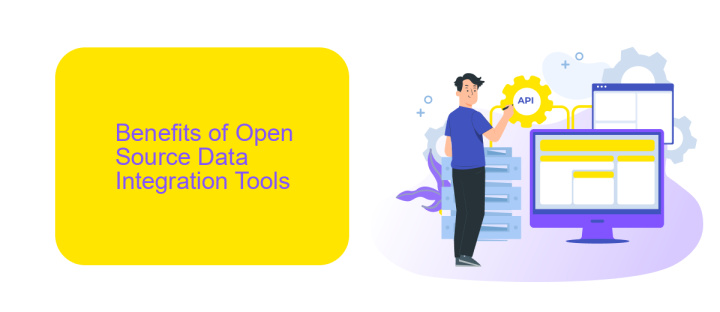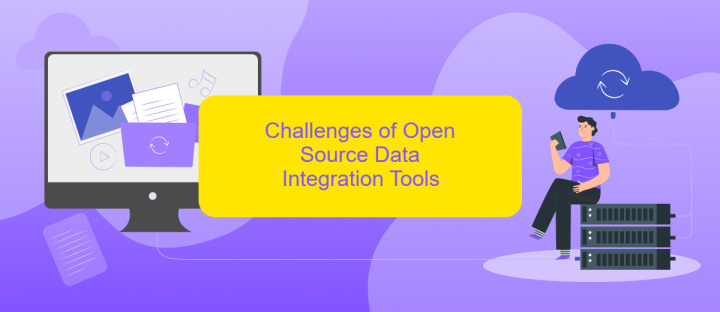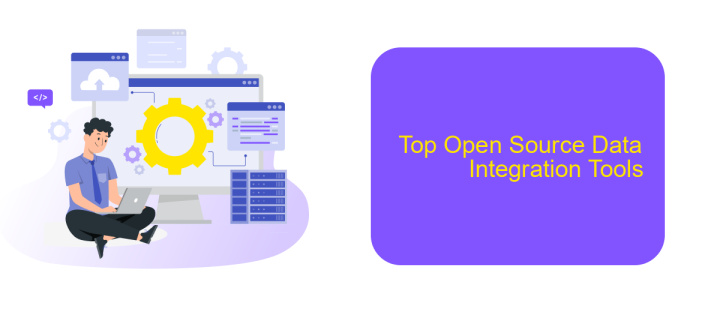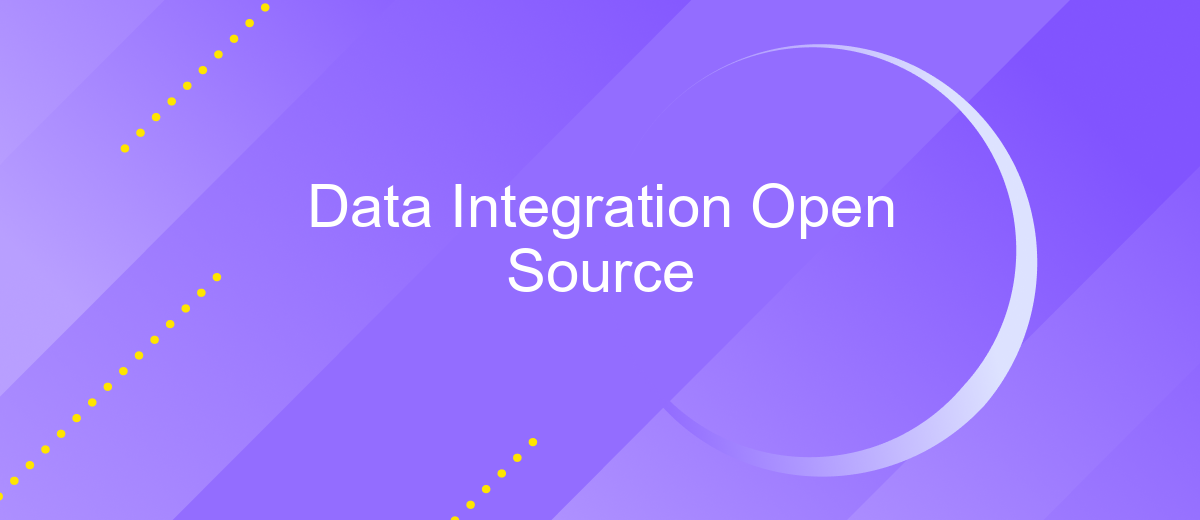Data Integration Open Source
Data integration is a crucial aspect of modern data management, enabling seamless access and analysis of data from diverse sources. Open source solutions offer cost-effective, flexible, and community-driven tools for integrating data. This article explores the top open source data integration tools, their features, and how they can help organizations streamline their data workflows and improve decision-making processes.
Introduction
Data integration is a critical aspect of modern business operations, allowing organizations to combine data from various sources into a unified view. Open source solutions have become increasingly popular due to their flexibility, cost-effectiveness, and community support. These tools enable businesses to streamline data workflows and make informed decisions based on comprehensive data analysis.
- Cost-effective: Open source tools often come with no licensing fees.
- Flexibility: Easily customizable to meet specific business needs.
- Community Support: Active communities contribute to continuous improvement.
- Interoperability: Seamlessly integrates with various data sources and systems.
One notable service in the realm of data integration is ApiX-Drive. This tool simplifies the process of connecting different applications and automating data workflows without requiring extensive coding skills. By leveraging open source solutions and services like ApiX-Drive, businesses can achieve efficient and scalable data integration, enabling them to stay competitive in a data-driven world.
Benefits of Open Source Data Integration Tools

Open source data integration tools offer numerous benefits, one of the most significant being cost-effectiveness. Unlike proprietary software, open source solutions eliminate licensing fees, making them accessible to organizations of all sizes. This financial flexibility allows businesses to allocate resources more efficiently, investing in other critical areas such as innovation and development. Additionally, open source tools often come with a strong community of developers and users who contribute to continuous improvement, ensuring that the software remains up-to-date and secure.
Another major advantage is the high level of customization and flexibility that open source data integration tools provide. Businesses can tailor these tools to meet their specific needs, ensuring seamless integration with existing systems. Services like ApiX-Drive further enhance this flexibility by offering easy-to-use interfaces and automation capabilities for setting up integrations. This not only reduces the time and effort required for implementation but also minimizes the risk of errors, leading to more reliable and efficient data management processes.
Challenges of Open Source Data Integration Tools

Open source data integration tools offer many advantages, such as cost-effectiveness and flexibility. However, they also come with a set of challenges that need to be addressed for effective implementation.
- Complexity in Setup: Many open source tools require significant technical expertise to set up and configure, which can be a barrier for organizations lacking specialized skills.
- Limited Support: Unlike commercial tools, open source solutions often lack dedicated customer support, making troubleshooting and problem-solving more difficult.
- Scalability Issues: Some open source tools may struggle to scale efficiently with growing data volumes, potentially impacting performance and reliability.
- Integration Challenges: Integrating various data sources can be complex. Tools like ApiX-Drive can help streamline this process by offering pre-built connectors and automated workflows, but such solutions are not always available in the open source ecosystem.
Despite these challenges, open source data integration tools remain a viable option for many organizations. By carefully considering these potential hurdles and leveraging additional services like ApiX-Drive where appropriate, companies can maximize the benefits of open source solutions.
Top Open Source Data Integration Tools

Data integration is a crucial aspect of managing and utilizing data effectively. Open source tools provide a cost-effective way to handle data integration tasks, ensuring flexibility and community support. These tools help in consolidating data from various sources, transforming it, and loading it into a unified system.
Many open source data integration tools offer robust features and capabilities. They are designed to handle complex data workflows, support various data formats, and provide real-time data processing. Additionally, some tools offer user-friendly interfaces that simplify the integration process, making it accessible even to non-technical users.
- Apache Nifi
- Talend Open Studio
- Apache Camel
- Airbyte
- ApiX-Drive
These tools cater to a wide range of data integration needs, from batch processing to real-time data streaming. ApiX-Drive, for example, offers a seamless way to connect different applications and automate data workflows without the need for coding. By leveraging these open source tools, organizations can achieve efficient and scalable data integration solutions.
Conclusion
In conclusion, open source data integration tools offer a robust and flexible solution for organizations looking to streamline their data processes without incurring significant costs. These tools provide the necessary functionalities to connect disparate data sources, transform data, and ensure seamless data flow across various platforms. The collaborative nature of open source projects also means continuous improvements and updates, driven by a community of developers dedicated to enhancing these tools.
Services like ApiX-Drive further simplify the data integration process by offering user-friendly interfaces and pre-built connectors for a wide range of applications. This allows organizations to quickly set up integrations without the need for extensive technical expertise. By leveraging both open source tools and specialized services like ApiX-Drive, businesses can achieve efficient and cost-effective data integration, ultimately leading to better data management and more informed decision-making.
FAQ
What is Data Integration in the context of Open Source?
What are the benefits of using Open Source tools for Data Integration?
How can I automate data integration processes using Open Source tools?
What are some challenges associated with Open Source Data Integration?
How do I get started with setting up an Open Source Data Integration solution?
Apix-Drive will help optimize business processes, save you from a lot of routine tasks and unnecessary costs for automation, attracting additional specialists. Try setting up a free test connection with ApiX-Drive and see for yourself. Now you have to think about where to invest the freed time and money!

